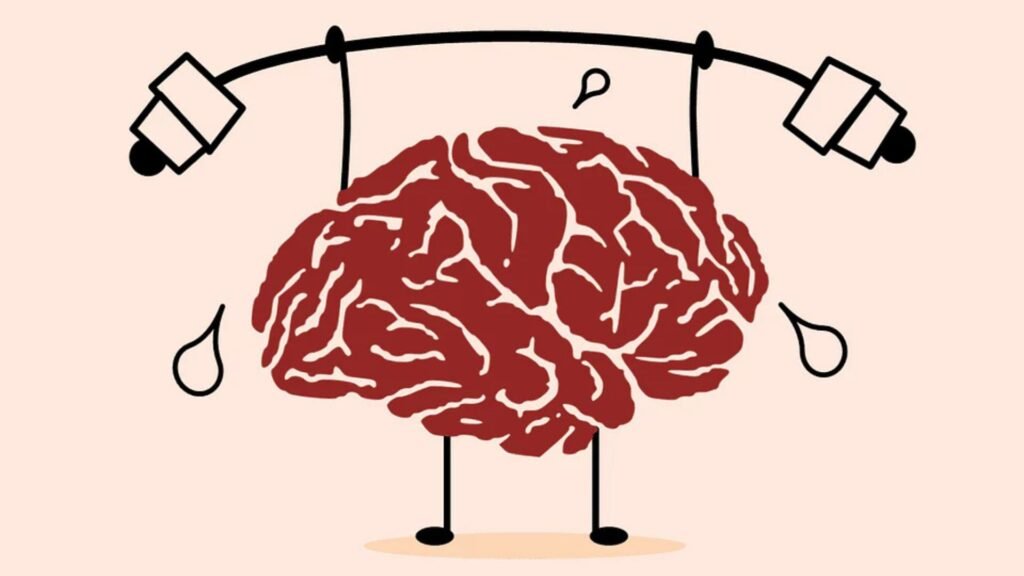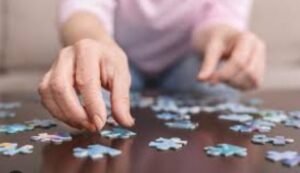Puzzle competitions have evolved from simple recreational activities to intense, high-stakes events. However, despite the competitive nature of these challenges, they offer significant benefits for mental health. Engaging in puzzle-solving—whether at the competitive level or casually—can improve cognitive function, reduce stress, enhance focus, and boost overall emotional well-being. This article explores the profound impact puzzle competitions can have on mental health, shedding light on the psychological benefits of participating in such events.

Cognitive Benefits of Puzzle Competitions
Enhancing Problem-Solving Skills
One of the primary mental health benefits of puzzle competitions is the improvement of cognitive abilities, particularly in problem-solving. Puzzles require participants to think critically, analyze patterns, and come up with creative solutions. These cognitive exercises enhance brain function, sharpen memory, and improve the ability to think outside the box. Regular participation in puzzles helps to maintain and even improve cognitive flexibility, which can prevent cognitive decline as people age.
Boosting Memory and Concentration
Puzzles, particularly complex ones like crosswords, Sudoku, and Rubik’s Cubes, help enhance both short-term and long-term memory. The process of recalling and applying puzzle-solving strategies strengthens neural connections in the brain, improving concentration and focus. In competitive environments, participants are often required to solve puzzles quickly and accurately, which exercises their working memory and attention span. This can have a positive impact on other areas of life that require mental agility, from work to social interactions.
Stimulating the Brain
Engaging in puzzle competitions helps stimulate brain activity. Studies have shown that mentally challenging activities such as puzzle-solving can increase neuroplasticity—the brain’s ability to form and reorganize synaptic connections, particularly in response to learning or experience. This helps maintain brain health, potentially reducing the risk of cognitive decline associated with conditions like Alzheimer’s disease or dementia.
Stress Reduction and Anxiety Relief
A Healthy Distraction from Daily Stress
Puzzle-solving provides a healthy distraction from the everyday stresses of life. During a competition, participants focus on the task at hand rather than worrying about external factors like work, personal issues, or financial problems. The immersive nature of puzzle competitions allows participants to “escape” for a while, offering mental relief from anxiety and stress. This type of mental break can reduce the negative impact of stress, allowing individuals to return to their daily lives feeling refreshed and recharged.
Inducing a State of Flow
Many puzzle enthusiasts experience a psychological state known as “flow” during competitions, a concept first coined by psychologist Mihaly Csikszentmihalyi. Flow is a state of intense focus and engagement where participants feel fully immersed in an activity. This state of deep concentration induces feelings of enjoyment and fulfillment while blocking out distractions, leading to reduced anxiety. Puzzle competitions often promote flow because they provide just the right balance of challenge and skill, encouraging participants to stay focused on the task while helping to alleviate negative emotions.
Lowering Cortisol Levels
Stress is often accompanied by the release of cortisol, the body’s primary stress hormone. Chronic stress can lead to prolonged elevated cortisol levels, which can have negative effects on the body, such as increased risk for heart disease, weight gain, and other health problems. Puzzle-solving, however, has been shown to lower cortisol levels by promoting relaxation and mental engagement. Competitive puzzle events, where participants focus intently on the task and enjoy the process of solving, can effectively reduce stress and promote overall mental well-being.
Improved Emotional Well-Being
Building Self-Esteem and Confidence
Successfully solving a puzzle, especially in a competitive setting, can significantly boost self-esteem and confidence. Achieving a personal best time or winning a competition provides a sense of accomplishment and pride. This positive reinforcement encourages a growth mindset, where individuals believe in their ability to improve through effort and perseverance. In competitive environments, participants also learn to accept both victory and defeat with grace, building emotional resilience and enhancing their emotional intelligence.
Enhancing Social Connections
Puzzle competitions often bring together individuals from different backgrounds with a shared passion for solving puzzles. This social aspect of competition can foster a sense of community and belonging. Participants form friendships, share experiences, and collaborate in team events, all of which contribute to emotional well-being. Social interaction and teamwork in puzzle competitions can help combat loneliness and isolation, offering participants emotional support and a sense of camaraderie.
Conclusion
Puzzle competitions are more than just entertaining events—they have a significant positive impact on mental health. By enhancing cognitive function, reducing stress, boosting self-esteem, fostering emotional resilience, and promoting social connection, puzzle-solving provides a holistic approach to mental well-being. Whether you’re participating in a high-stakes competition or enjoying a casual puzzle at home, engaging in these mental challenges offers long-term benefits for your mind and emotional health. The more we embrace the power of puzzles, the better we can support our mental health and overall well-being.



